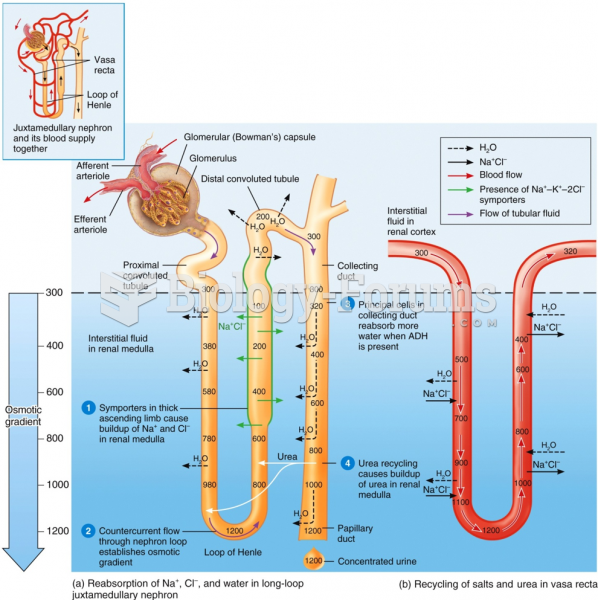This topic contains a solution. Click here to go to the answer
|
|
|
Did you know?
In 1864, the first barbiturate (barbituric acid) was synthesized.
Did you know?
The horizontal fraction bar was introduced by the Arabs.
Did you know?
People about to have surgery must tell their health care providers about all supplements they take.
Did you know?
The Centers for Disease Control and Prevention (CDC) was originally known as the Communicable Disease Center, which was formed to fight malaria. It was originally headquartered in Atlanta, Georgia, since the Southern states faced the worst threat from malaria.
Did you know?
People with high total cholesterol have about two times the risk for heart disease as people with ideal levels.







